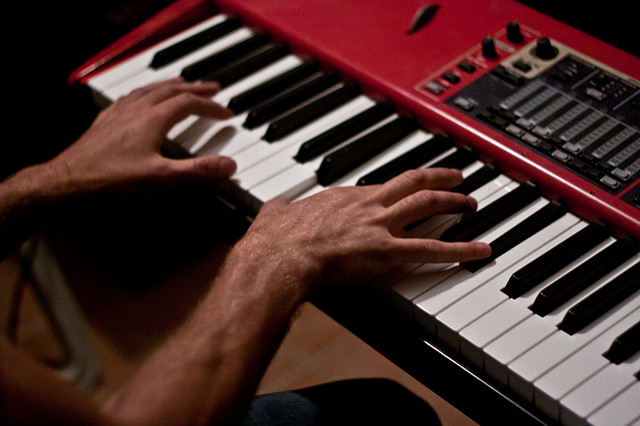What is Copyright, who owns it & how can you protect yours
Blog by Musicians' Union under Finance, Law & Music Business, Music Publishing, Record Labels, Selling & Distributing Your Music

What is copyright?
Copyright is the right to make a copy. When you create an original artistic, literary or musical work (also known as intellectual property), you are its owner and you have the sole right to make a copy of it. You can therefore prevent copying by others and / or charge a fee for a license to copy it. Copyright is the legal framework which enables creators to make a living from their artistic endeavour.
The Copyright Designs and Patents Act creates five more primary infringements of copyright in addition to straightforward copying:
· Issuing copies to the public.
· Renting or lending the work to the public.
· Performing, showing or playing the work in public.
· Communicating the work to the public.
· Making an adaptation of the work or doing any of the above in relation to an adaptation.
Plus there are secondary infringements, like:
· Importing, possessing or dealing with an infringing copy.
· Providing means for making infringing copies.
· Permitting the use of premises for an infringing performance.
· Providing apparatus for an infringing performance.
Who is the owner of copyright?
The author of the work - that is the person who created the work - is the first owner of copyright in it. The composer would be first owner of copyright in a musical work, and the lyricist would be the first owner of lyrics as a literary work.
The law specifies who owns the rights in different types of artistic works. The rights in a film are owned by the producer and principal director. The copyright owner of a broadcast is the person making the broadcast. In the case of a sound recording, the copyright will generally belong to the person or company who arranged and paid for the recording to be made (including paying for studio time, paying the musicians etc).
Where a work is created jointly, there can be joint copyright ownership and the division of rights can be a matter for negotiation if it’s not provided for in law. For example, two songwriters writing a song together will most likely have to negotiate a split based on the extent of each party’s contribution.
Where a literary, dramatic, musical or artistic work, or a film, is made by an employee in the course of their paid employment, the employer is first owner of copyright, unless something else has been agreed. This may affect teachers, for example, if they creating teaching materials as part of a paid teaching job.
And then works can be assigned from one owner to another. Most publishing contracts will assign copyright from the composer/writer to the publisher, making the publisher the copyright holder.
Performances aren’t subject to copyright in themselves but performers do have ‘neighbouring rights’ in the UK which means they are entitled to royalties when their recorded performances are played in public, for example. These payments are administered to performers by the collecting society PPL.
The Musicians' Union are here to help.
Feeling a bit lost? That’s okay. Copyright and performers’ rights are complex. They can baffle even the most experienced creators and performers.
So, if you have a question about it, how copyright works, what it covers, protecting your work, or how you can use other people’s work without breaking the law, we can help you.
Get in touch with your Musicians’ Union Regional Office via theMU.org and talk to one of our specialists.
Did you know full time students can join for just £20 a year? Find out more.
ALSO READ:
Ricall Music explain sync licensing
Your questions answered! Music publishing, sync, royalties & more
What's copyright & why should you care?
Tags
Advice on copyright for musicians from the Musicians Union






